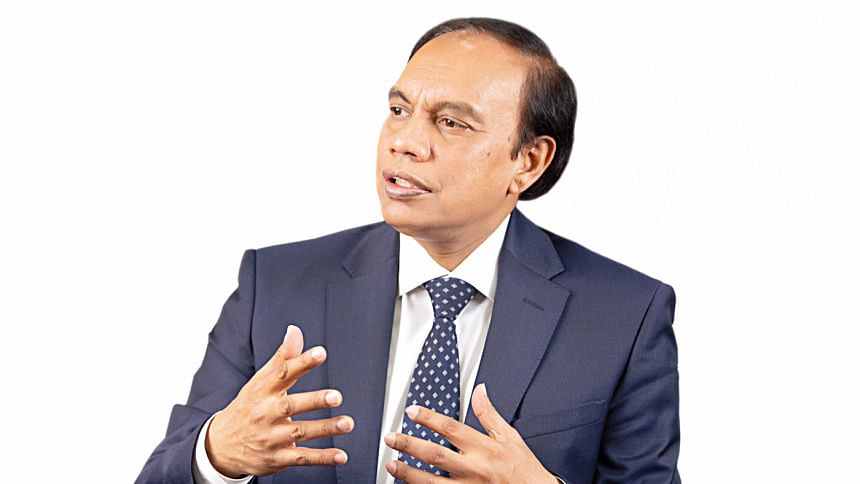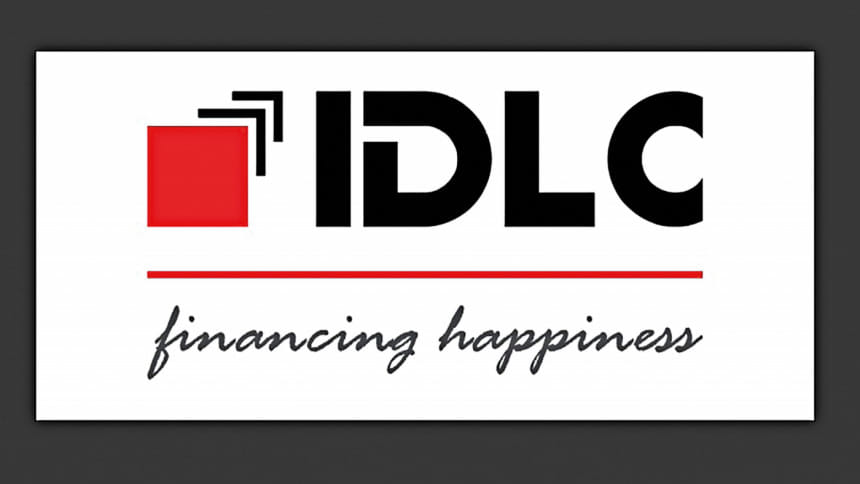Mitigate lending risks through rigorous credit assessments

M Jamal Uddin
CEO & Managing Director, IDLC Finance
In the face of current economic challenges, NBFIs in Bangladesh can adopt several strategies to navigate and strengthen the finance sector. Firstly, it's crucial to monitor market trends and proactively adjust strategies. By staying ahead of economic shifts, we can mobilize funds more efficiently and meet the needs of our clients in a timely manner.
Maintaining liquidity is vital for meeting obligations to depositors, the market, and lenders. By adopting a balanced asset-liability management framework, we can effectively manage liquidity risks and ensure we meet both short-term and long-term financial commitments. This means keeping an optimal balance between assets and liabilities to avoid liquidity crunches .
Secondly, managing non-performing loans (NPLs) is of paramount importance. Implementing robust risk assessment tools and regularly monitoring loan portfolios allows us to minimize bad loans. Coupled with stricter credit assessment processes, this ensures healthier loan books and better financial stability. By closely monitoring repayment schedules and borrower performance, we can identify potential defaulters early and take corrective actions to mitigate risks.
Careful due diligence in loan sanctioning and disbursement is also essential. Rigorous evaluation of borrowers' creditworthiness and business viability helps mitigate lending risks and ensures that loans are granted to reliable borrowers.
Strengthening governance is another key strategy. We can build trust and ensure sustainable growth by fostering transparent and accountable management practices. This includes adhering to regulatory standards and cultivating a culture of ethical business practices.
Regarding government support, continuing refinance and pre-finance funds is crucial. Such support enables NBFIs to provide lower-cost financing options, particularly to SMEs and underserved sectors. Government-backed refinance schemes can significantly reduce the cost of funds for NBFIs, enabling them to offer competitive interest rates to borrowers. This is especially important for supporting small businesses vital for economic growth and employment generation.
Moreover, strong regulatory supervision by the government ensures adherence to best practices and maintains financial stability. Regular audits, compliance checks, and transparent reporting mechanisms help maintain the integrity and reliability of NBFIs. The government can also facilitate capacity-building programs and provide technical assistance to NBFIs to enhance their operational capabilities and risk management practices.
In addition to these strategies, NBFIs should focus on leveraging technology to enhance service delivery and operational efficiency. Digital platforms can streamline loan processing, improve customer service, and expand reach to underserved areas.
Lastly, NBFIs should actively engage in financial literacy programs to educate customers about financial management, investment opportunities, and responsible borrowing. This can be achieved through regular financial literacy sessions, workshops, and dedicated social media channels.

At a glance
- Established in 1985, IDLC Finance PLC is one of the largest multi-product, multi-segment Non-Banking Financial Institution (NBFI) in Bangladesh. IDLC holds a strong and diversified footing in the Corporate, SME, Retail, and Capital Market segments.
- The IDLC Group comprises four companies: IDLC Finance PLC, IDLC Securities Limited, IDLC Investments Limited, and IDLC Asset Management Limited. The businesses of all four entities are intertwined and operate under the umbrella of the IDLC Group.
- IDLC Finance offers the Purnota SME Loan to support women-led businesses, including capacity-building programs and financing to help women entrepreneurs thrive. In 2021, IDLC Finance launched its MFS-based digital deposit product.
- In 1990, IDLC opened its first branch in Chittagong. Today, IDLC is present in 24 cities, represented by more than 44 touchpoints, with over 1,600 employees serving over 254,000 clients.
- The company is renowned for its commitment to sustainable business practices and active involvement in corporate social responsibility (CSR) initiatives, focusing on education, health, environment, and community development. Recognized for its innovative solutions and significant contributions to the financial sector, IDLC continues to expand its services and branch network across Bangladesh.

 For all latest news, follow The Daily Star's Google News channel.
For all latest news, follow The Daily Star's Google News channel. 



Comments